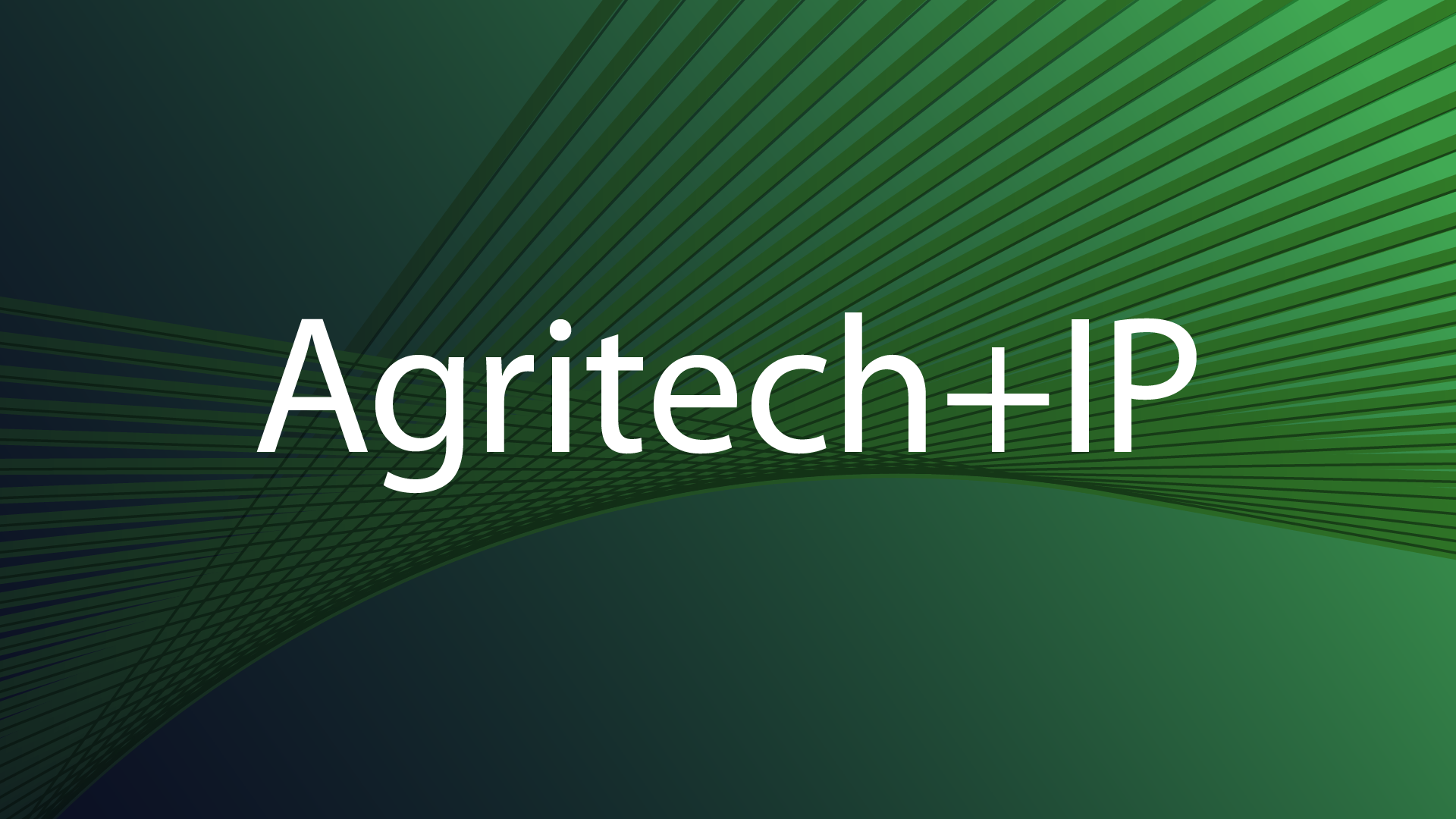Neuigkeiten
Clearing out the clutter – SkyKick may open up trade mark registers Across Europe
Oktober 2019
AG Tanchev has given his (long awaited) Opinion in the case of “Sky v SkyKick”, proposing that the CJEU should hold that a lack of clarity and precision are issues that must be examined by the competent trade mark offices when they are dealing with an application for registration of a mark.
Registered marks that did not meet the requirement of clarity and precision should not be declared invalid on that basis. However, in so far as a registration seeks protection for terms that are too general (computer software, financial services and telecommunication services given as examples) and cover goods and services that were too broad or variable to be compatible with the trade mark’s origin-indicating function, the requirement of clarity and precision of a mark’s specification are engaged by the Articles providing for the invalidity of marks that are contrary to public policy.
In his Opinion, registration of a trade mark for “computer software” was unjustified and contrary to the public interest because it conferred on the owner a monopoly of immense breadth which could not be justified by any legitimate commercial interest of the proprietor. In such circumstances, a term would not be sufficiently clear and precise to enable third parties to determine the extent of protection. Furthermore, applying for registration of a trade mark without any intention to use it in connection with the specified goods and services may constitute an element of bad faith, particularly if proven that the sole objective of the applicant was to prevent third parties from entering the market and including where there was evidence of an abusive filing strategy. Where a national court has determined that such grounds exist, this would give rise to partial invalidity rather than the entire mark being affected by the bad faith finding.
The case was referred by the UK High Court in an action where Sky plc (the satellite and digital television broadcaster) had claimed that SkyKick (a start-up company which supplies cloud migration information technology services) had infringed four EU trade marks and one UK trade mark consisting of the word SKY through use of the sign ‘SkyKick’ and variants thereof. SkyKick denied infringement and counterclaimed for a declaration that the trade marks were invalidly registered, in whole or in part, on the grounds that: (i) the specifications of goods and services lacked clarity and precision and (ii) the applications were made in bad faith. The claim in bad faith was based on the allegation that Sky plc did not intend to use the trade marks in relation to all of the goods and services specified in the respective specifications. SkyKick accepted that Sky plc intended to use the trade marks in relation to some of the goods and services specified. Nevertheless, SkyKick’s primary case was that the trade marks were invalid in their entirety (the “poisoned well” argument). In the alternative, that the trade marks were invalid to the extent that the specifications covered goods and services for which Sky plc had no intention to use the trade marks.
The referring court noted that SkyKick did not appear to have a defence to Sky plc’s claims for trade mark infringement under the applicable EU and national trade mark legislation despite the fact that the marks had not been used, and were not likely to be used, for many of the goods and services in respect of which they were registered.
If AG Tanchev’s Opinion is followed by the CJEU, this is a hugely significant case for trade mark owners across the EU and could potentially impact on the trade mark portfolios of many big brands, who have had the resources to register and maintain wide protection for their brands. It will require an assessment of whether marks registered for goods and services outside of the commercial activities of the owner give rise to an allegation of bad faith. It would also give third parties a valuable tool to cut through clutter and “blocking” filings on the Register if it appears that the trade mark owner’s filing practises may have been abusive.
This update was prepared by HGF Partner Rachel Fetches. If you would like further advice on this or any other matter, please contact Rachel. Alternatively, you can contact your usual HGF representative or visit our Contact page to get in touch with your nearest HGF office.































